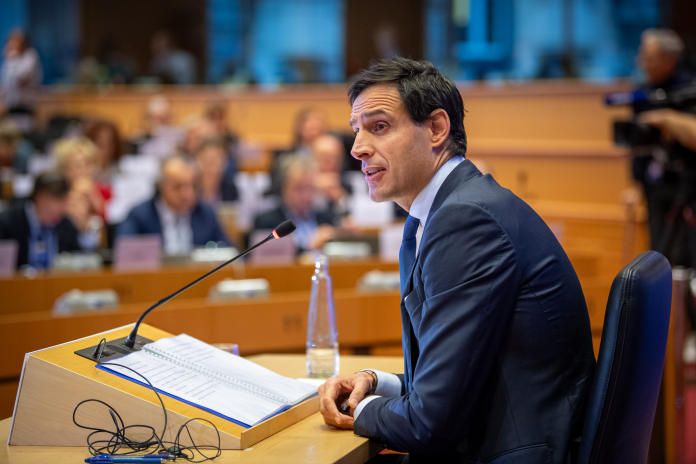European Commissioner for Climate, Net Zero and Clean Growth, Wopke Hoekstra, told MEPs that the EU CO2 tariff for imported goods should be simplified, according to Euractiv.
The EU’s carbon border tariff, known as CBAM, is presently in the testing phase. By 2026, when the measure is fully implemented, imports of dirty cement and steel, among other goods, will be subject to duties on arrival in the EU.
The move would replace the current practice of giving free carbon credits to companies which compete with dirtier international rivals. However, the upcoming tariff was criticised for being too bureaucratic. Hoekstra said the CBAM was “an important add-on [to the EU’s CO2 price] to prevent carbon leakage.”
Potential importers will be required to report on a quarterly basis the tonnes of imported goods, equipment employed and CO2 emissions associated with fossil fuel-based production and electricity used.
Besides Hoekstra, the German foreign trade association DIHK also has some ideas for tariff simplification. The association suggests to grant special status to around 750 trusted import and export companies as well as to facilitate the work of former potential importers.
Importing companies generally want a practical regulation, fast final authorisation and simple processing of CBAM payments in the future.
